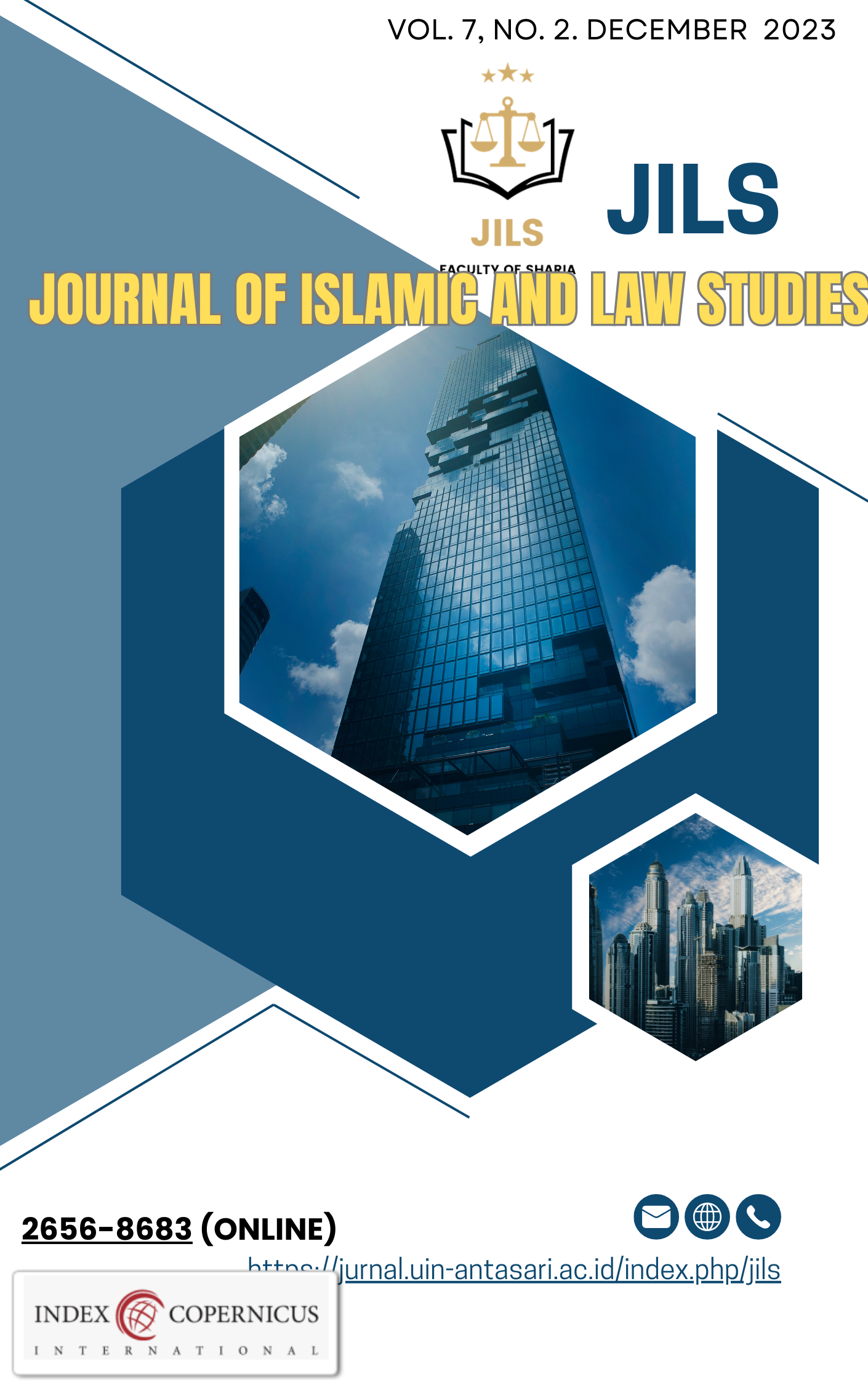Etika Komunikasi Mahasiswa UIN Antasari Banjarmasin Dan Dampak Hukumnya Terhadap Pemanfaatan Teknologi
DOI:
https://doi.org/10.18592/jils.v7i2.12065Abstract
The development of the times leads to advances in information and communication technology. With these advances, various impacts are felt by all elements of society, as well as students. Seeing from the reality that occurs, not a few teenagers and even students are not wise enough to use social media to use it for things that are against morals, for example when criticizing people or an agency and then the criticism leads to negative things. Muslims, especially educated Muslim students, should understand the values taught in Islam, in expressing opinions or criticizing other people or an institution, it should be conveyed with gentleness and not lead to negative things that lead to kemu dharatan as stated in various shitpost accounts that discuss campus issues, which in this case also occurs at the Antasari Banjarmasin State Islamic University. Departing from these problems, through a juridical approach, this research is carried out by relying on reading material in the form of books, scientific research journals and social realities that occur in society, so as to get answers to what is the formulation of the problem. By analyzing through communication ethics and the legal consequences of posts contained in Instagram accounts that discuss campus issues at Antasari State Islamic University Banjarmasin, this study shows that there are still many posts that are not in accordance with good communication ethics and have the potential to violate campus rules and positive laws in Indonesia.Downloads
Published
2023-12-25
Issue
Section
Articles
License
Copyright (c) 2023 Dian May Syifa, Muhammad Noor Ridani, Rena Zulfaidah

This work is licensed under a Creative Commons Attribution-NonCommercial 4.0 International License.
Authors who publish with this journal agree to the following terms:
- Authors retain copyright and grant the journal right of first publication with the work simultaneously licensed under a Creative Commons Attribution License that allows others to share the work with an acknowledgement of the work's authorship and initial publication in this journal.
- Authors are able to enter into separate, additional contractual arrangements for the non-exclusive distribution of the journal's published version of the work (e.g., post it to an institutional repository or publish it in a book), with an acknowledgement of its initial publication in this journal.
- Authors are permitted and encouraged to post their work online (e.g., in institutional repositories or on their website) prior to and during the submission process, as it can lead to productive exchanges, as well as earlier and greater citation of published work.




